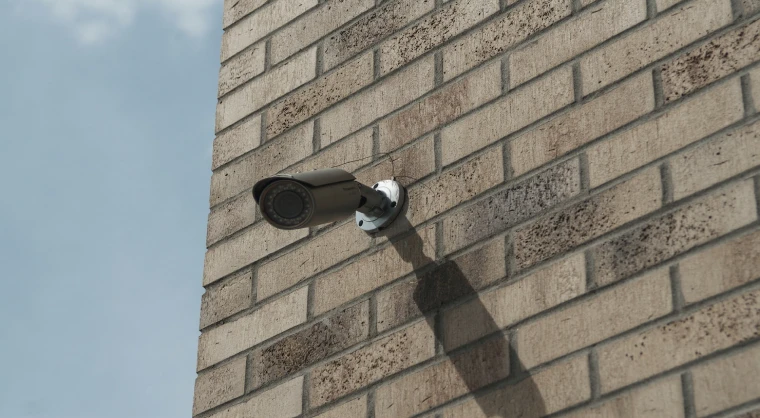- Poor eye health can negatively impact your job prospects, work performance, and overall well-being.
- Employers can offer accommodations like larger text or screen readers for visually impaired employees.
- Certain surgeries can correct vision problems, enhancing work potential and reducing reliance on glasses.
- Assistive tech innovations like screen readers can help individuals with visual impairments perform tasks effectively.
- Vocational rehabilitation programs provide training and services to help visually impaired individuals overcome workplace barriers.
Did you know that your vision can affect your career? Your eyesight is a valuable asset that enables you to perform daily activities, and it can also have a significant impact on your career. Your vision can determine your job prospects, work performance, and overall well-being. Here’s what you need to know about Americans’ eye vision, how your vision can affect your career and ways you can deal with it.
The Eye Vision of Americans
It’s estimated that about 2,000 American workers sustain eye-related injuries annually. These injuries can range from minor to severe, leading to vision loss. According to the National Institute for Occupational Safety and Health (NIOSH), 25% of eye injuries result in over 31 days off work. This not only affects the individual but also their productivity and livelihood.
Moreover, a report by Prevent Blindness America found that about 50 percent of all blindness in the United States is caused by eye conditions such as age-related macular degeneration, cataracts, and glaucoma. This shows that poor vision affects not only one’s career but also their overall health.
How Your Vision Can Affect Your Career
Having a good vision is essential in almost every profession. Here’s how it can affect your career:

1. Job Prospects
Your vision can influence your job prospects, especially in specific industries. For example, if you have poor eyesight, you may not be able to meet the vision requirements for specific jobs such as a pilot, driver, or surgeon. Additionally, your ability to read and write might be affected by your vision, which could limit the number of job opportunities available to you.
2. Work Performance
Your eyesight is crucial for optimal work performance. In many jobs, you need to read reports, scripts, or instructions, and having a clear vision can help you efficiently perform these tasks. Poor eyesight can lead to mistakes, affecting your job performance and productivity. Additionally, if your job requires you to use a computer for long periods, you may develop eyestrain, leading to headaches, fatigue, and reduced productivity.
3. Eye Health
Your eye health is important for your career and overall well-being. If you don’t care for your eyes, you may develop eye-related problems such as cataracts, glaucoma, and macular degeneration, which can interfere with your work and quality of life. Additionally, eye-related problems can be expensive to treat and may require you to take time off work.
4. Protecting Your Vision
To protect your vision, you should practice healthy eye habits such as taking breaks from your computer screen, wearing protective eyewear, eating a balanced diet, and getting regular eye check-ups. Additionally, if you have any existing eye-related problems, you should follow your doctor’s recommendations to prevent further damage to your eyesight.
5. Accommodations
If you have a visual impairment, you may require accommodations in the workplace. Accommodations can include larger text on screens, magnifying devices, and screen readers. You must inform your employer of any accommodations to perform your job effectively.
Dealing With Vision-Related Career Challenges
If you have a visual impairment or any other vision-related challenges, there are ways you can overcome them and thrive in your career. These include:

Eye Surgery
Eye surgery is one of the best ways to improve your vision and career. A reputable LASIK eye surgery center can help correct various vision problems, allowing you to see clearly and perform your job duties without limitations. It can also reduce your dependence on glasses or contact lenses, making it easier for you to work.
Use of Assistive Technology
Advancements in technology have made it possible for people with visual impairments to perform their job duties effectively. For example, screen reading software can help individuals with low vision read and navigate through computer screens. Additionally, text-to-speech programs can read written material for those with difficulty reading.
Vocational Rehabilitation
Vocational rehabilitation programs can also help individuals with vision-related challenges find and maintain employment. These programs offer training, counseling, and other services to help individuals overcome barriers in the workplace due to their visual impairment.
Your vision is a crucial aspect of your career and overall well-being. Taking care of your eyes and addressing any vision-related challenges is essential. Doing so can improve your job prospects, work performance, and overall quality of life. Remember to prioritize regular eye check-ups and follow healthy eye habits to protect your vision for a successful career. So, ensure you don’t neglect your eyesight, as it plays a significant role in your career.





